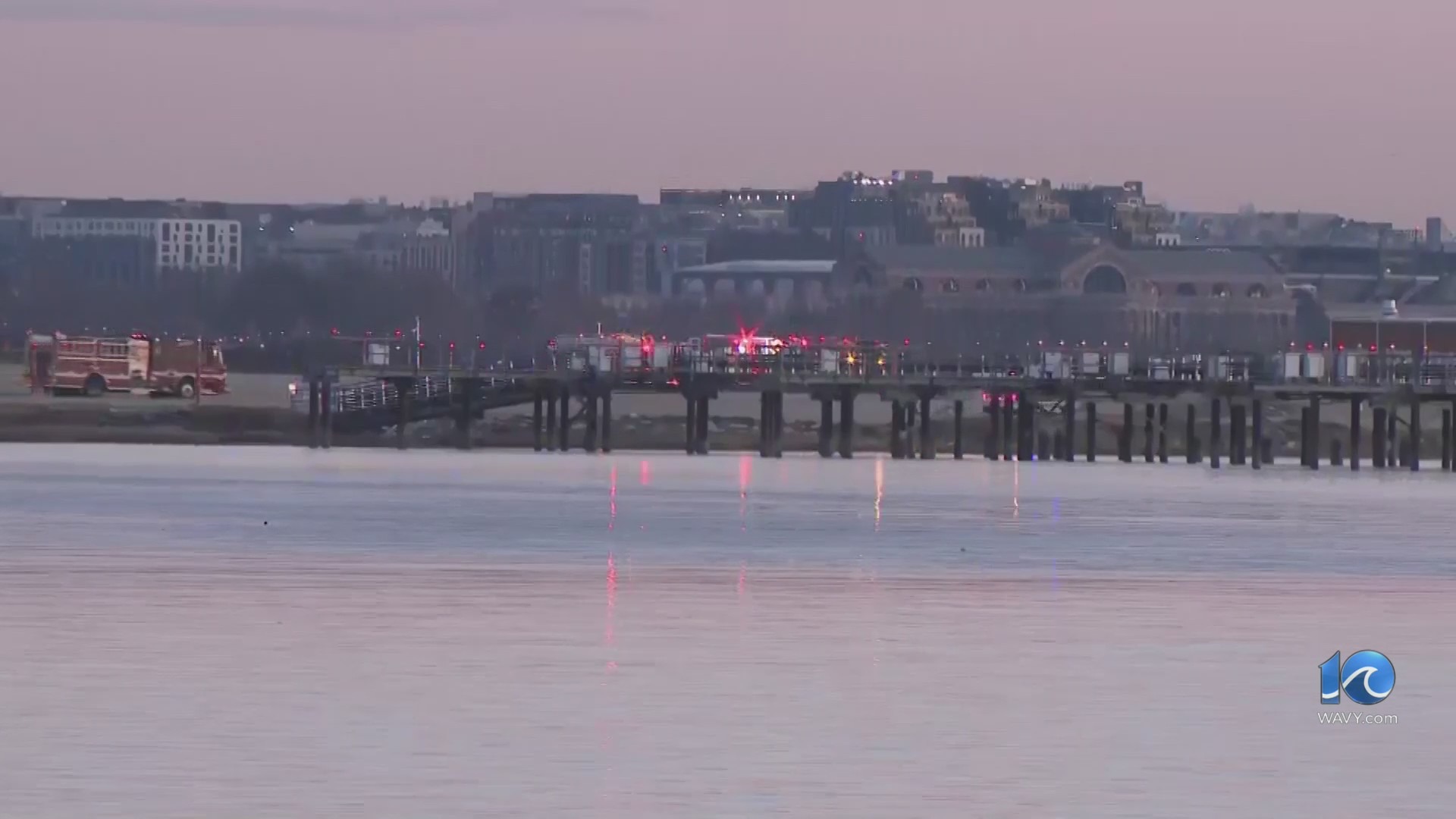RICHMOND, Va. (WAVY) — As the swim season kicks off, drowning fatalities have increased in children under the age of five in Virginia.
According to the Virginia Department of Health’s Office of the Chief Medical Examiner, six children have tragically died in swimming pool drownings since Memorial Day in the state. The deaths exceed the total number of drowning fatalities for young children in each of the last three years in Virginia.
“We join with the families and communities grieving the loss of these young lives,” said State Health Commissioner Karen Shelton, MD. “These numbers are heartbreaking. Swimming and playing in pools can be fun, particularly on blistering hot days, but pools can also be dangerous. Families should take caution in and around pools. Children in pools should be supervised at all times, and pools should be gated and secured to prevent access when supervision is not available.”
In the last three years, Virginia has had a total of nine pool drownings in children under five years old – three in 2024, two in 2023 and four in 2022.
The Virginia Department of Health urges parents and caregivers to take the following precautions to help keep children safe in and around pools:
- Active Supervision: Never leave a child alone near a pool/spa, bathtub, toilet, or standing body of water. When supervising children who are near the water, adults should be free from distractions.
- Swim Lessons: Teach children basic swimming and water safety skills. Swimming lessons can reduce the risk of drowning. Children, even those who’ve had swimming lessons, still need close and constant supervision in or around water.
- Learn CPR: Bystander-initiated CPR can make the difference in someone’s life while waiting for paramedics to arrive.
- Approved Safety Devices: Floaties, water wings, pool noodles and inner tubes are toys. These air-filled or foam toys are not designed to keep swimmers safe. Only use S. Coast Guard-approved life jackets.
- Barriers and Alarms: Install barriers and alarms to prevent children from gaining access to a pool or open water unsupervised.
- Avoid Swimming After Dark: Swimming after dark makes it hard to see if someone is drowning.
- Listen to the Lifeguard: Make sure to listen to any directions from the lifeguard and follow all advisories. But remember a lifeguard does not replace the need for active supervision of any children in and around the water.








